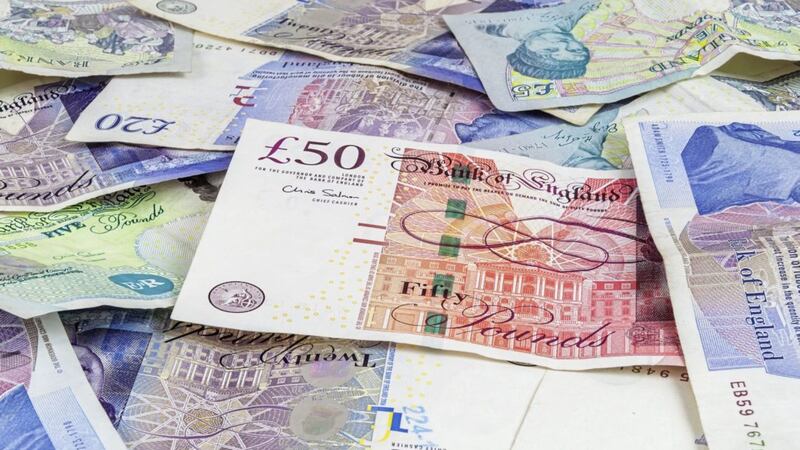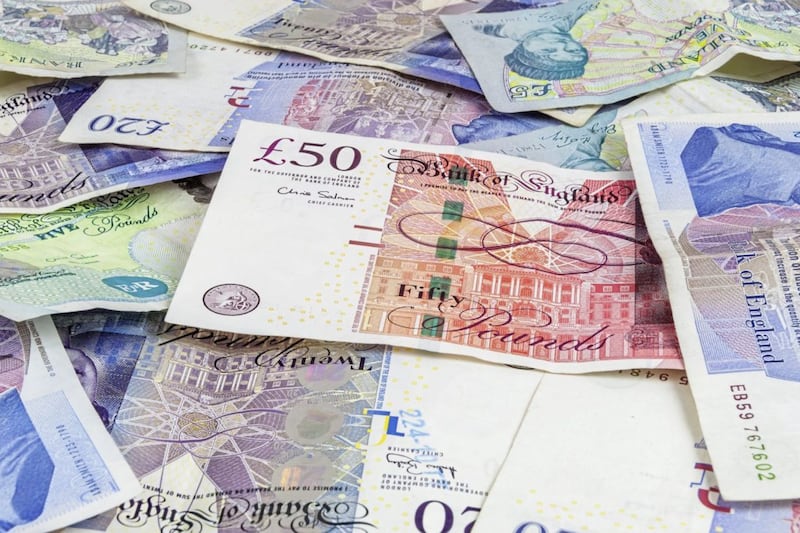CENTRAL banks attempted to stimulate the economy with quantitative easing (QE), and are now looking to reverse this arrangement slowly. So what might that mean to your money/house prices et al?
QE is normally introduced after interest rate stimuli fails. For example, the Bank of England lowers rates which lowers your, and companies’ mortgages and loans and might encourage you to borrow to spend.
Furthermore, with poor interest rates you believe you are better doing something with your cash, so you buy ‘stuff’ or stock market equities, or a house to achieve a better yield.
All of this is supposed to stimulate the economy. What happens if this doesn’t work?
This is where QE is supposed to come in, the explanation of which I suppose depends who is writing the description and for what purpose.
QE involves a central bank typing into its computer that it has more money. After that, it purchases bonds from banks for example. The process of buying those bonds has two major advantages:
It pushes up the price of what they are buying (bonds) which means the yield (interest rate) falls, which puts further downward pressure on the rate at which banks charge.
Secondly, the bank now has extra cash to both bolster its reserves (keeps it solvent and liquid), and either buy similar assets or lend more.
Lending more should stimulate the economy. If QE then convinces markets it’s working, this will boost overall market confidence. Naturally none of that happened initially and banks looked after themselves, but some would argue this has eventually made its way into the economy more recently.
There are concerns that the gush of cash introduced into the market via QE, creating crazy liquidity, may fall into the hands of the speculators, and leave us with that déjà vu all over again of boom/bust. We all know now about the current ‘record purchasing’ of the failed assets that were credited for the 2008 crisis (ie credit default swaps).
Products such as derivatives have contributed to further leveraging, for example to expose themselves to $100 million worth of investment, some institutions only need to put down $8 million creating a cake inflated with explosives. Have a slice. No thanks.
It's goldfish territory again and with housing and stock markets artificially inflated and companies floating for billions who do ‘nothing’ and haven’t made a profit, the reversal of the QE programme announced by the Federal Reserve should be watched closely.
Some would argue that giving trillions to an insolvent system is calamitous and that the banks should just have been allowed to fail, rather than the spraying of perfume on the bad smell. What was causing the smell has not left.
Central banks have created extraordinary price distortion with their interference and it’s hard to see any price discovery (gap between the current price and where it may get to – called a ‘good idea to buy’ in the past).
Moreover QE for me has created an asset-rich (distorted) wage-poor recovery, which is unsustainable.
Banks used the assets to assist the funding of the ‘vultures’ that bought assets, downsized workforces and took income out of the economy. That is one of the reasons you have inflation exceeding income – so real wealth-loss per month.
To maintain an economy, people - the masses - need to be paid appropriately and be confident it will continue. Then they will spend. Instead we have a much greater gap between wealthy and ‘struggling to get by’ and the middle class is shrinking quickly – particularly in the US.
As a huge consumer of products, if they stop … tick-tock.
Would you invest in a tall ladder without the first set of rungs … and would you go up it?
Whilst the 2013 ‘taper tantrum’ (reducing of central bank asset purchases) comment by Ben Bernanke freaked markets, this one has been well documented. Done badly it will surge interest rates with consumer debt already well out of control, dry up bank lending and batter stock values.
On the flip side (and perhaps why vulture funds are now selling the houses they ‘acquired’), a central bank losing money on its assets it has purchased would lead to tax rises - so softly does it.
:: Peter McGahan is the owner of independent financial adviser Worldwide Financial Planning, which is authorised and regulated by the Financial Conduct Authority. If you have a question on investments call Darren McKeever on 028 6863 2692, email dmckeever@wwfp.net or visit www.wwfp.net.








